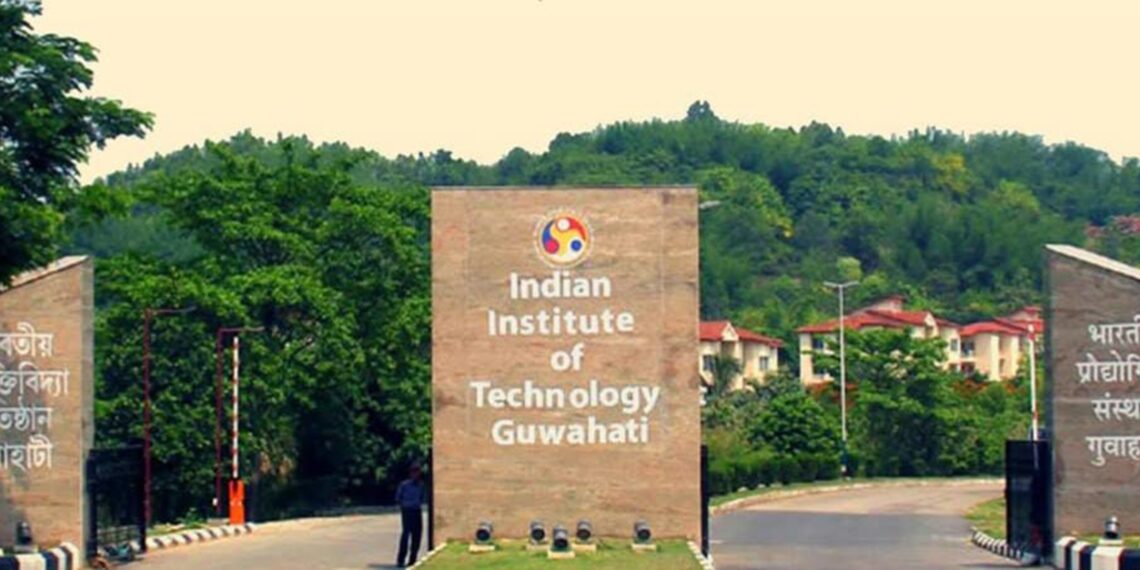Guwahati: Researchers from the Indian Institute of Technology Guwahati, Assam, in collaboration with prominent global institutions, have developed an innovative multi-stage clinical trial method aimed at reshaping personalised medical care.
This advanced technique customises treatment plans in real-time based on each patient’s unique response throughout the trial process, enabling more targeted and effective healthcare solutions.
The team, which includes experts from Duke-NUS Medical School, the National University of Singapore, and the University of Michigan, has focused on Dynamic Treatment Regimes (DTRs), implemented through Sequential Multiple Assignment Randomised Trials (SMARTs).
This pioneering methodology tackles the challenge of optimising treatment strategies for patients with varied responses to therapies over time.
DTRs apply adaptive decision rules that modify treatment plans as a patient’s condition evolves.
For example, if a diabetes patient does not respond well to an initial medication, the DTR may suggest switching medications or combining treatments based on real-time data.
By incorporating intermediate outcomes such as blood sugar fluctuations, DTRs go beyond the traditional “one-size-fits-all” approach, delivering more personalised care that aligns with each patient’s specific progress and needs.
These findings were published in the respected journal Biometrics.
The researchers emphasised that multi-stage clinical trials are vital for developing effective DTRs.
The SMART methodology allows for the evaluation of different treatment sequences to determine the best fit for each patient.
Unlike traditional trials, SMART trials involve multiple stages where patients are reassigned based on their responses to prior treatments.
In contrast, conventional trials allocate patients to treatment arms in equal numbers, regardless of the effectiveness of some treatments, often leading to unnecessary treatment failures.
ALSO READ: Mizoram: BJP leader Molin Kumar Chakma to take oath as CEM of Chakma Council
Dr. Palash Ghosh, Assistant Professor in the Department of Mathematics at IIT Guwahati, explained that adaptive trial designs like SMART could lead to greater patient participation.
“When patients see that treatments are specifically tailored to their needs, they are more likely to stay engaged,” he said.
Dr. Ghosh also noted that this approach holds vast potential for public health interventions, including personalised recovery plans for substance abuse and chronic diseases.















